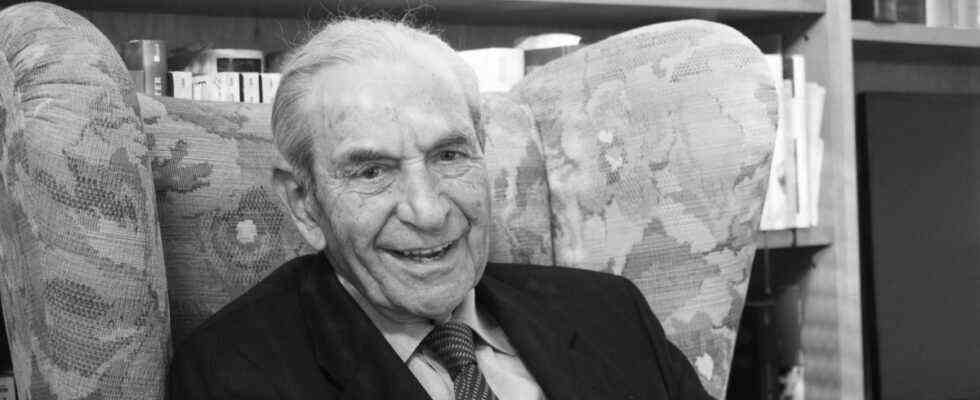As in other areas of culture, one should distinguish prominence and meaning from one another in science. Dietrich Rössler was not a famous public figure, but a Protestant theologian who significantly influenced his discipline and his church. Together with the Munich systematic theologian Trutz Rendtorff and other companions, he founded the newer liberal theology in Germany from Tübingen. In doing so, he has proven that liberalization does not have to lead to flattening, but can bring about an expansion, deepening and humanization of theology.
Born in Kiel in 1927, Rössler had a rare dual talent: immediately after the war, he studied medicine and Protestant theology, and also did a doctorate in both subjects. After his habilitation in practical theology and a few years in the pastoral office, he was called to Tübingen in 1965, where he was to spend his entire professional life. It was extraordinary that he was a member not only of the theological but also of the medical faculty – at a time when interdisciplinarity was not yet a buzzword.
Medical ethics found a formative pioneer in him thanks to his theological-medical bilingualism
The insights of the Protestant Enlightenment that the Christian religion should not be reduced to theology and not to the church were decisive for Rössler’s understanding of practical theology. The “lived religion” is also at home outside the church in culture and society. The subject of practical theology, which is supposed to prepare future pastors for their ministry, must combine diverse perceptions and intellectually attune different fields of activity.
A special focus of the theologian, who was also a neurologist, was of course pastoral care. Another was the doctrine of preaching, for which Rössler campaigned, among other things, as a long-time editor of the “Sermon Studies”. The medical ethics emerging at his time found in him a formative pioneer thanks to his theological-medical bilingualism.
The public stages of ecclesiastical and theological vanities might be played on by others, Rössler laid the foundations, gathered an impressive group of students around him and not only shaped a generation of pastors. He also had what is not very common in theology: charm and humor. When the author of these lines asked him how things had happened to him as a neurologist in the learned republic of Tübingen, he smiled and said: “In any case, my psychiatric knowledge at this university did not harm me.” Dietrich Rössler died last Thursday at the age of 94.

